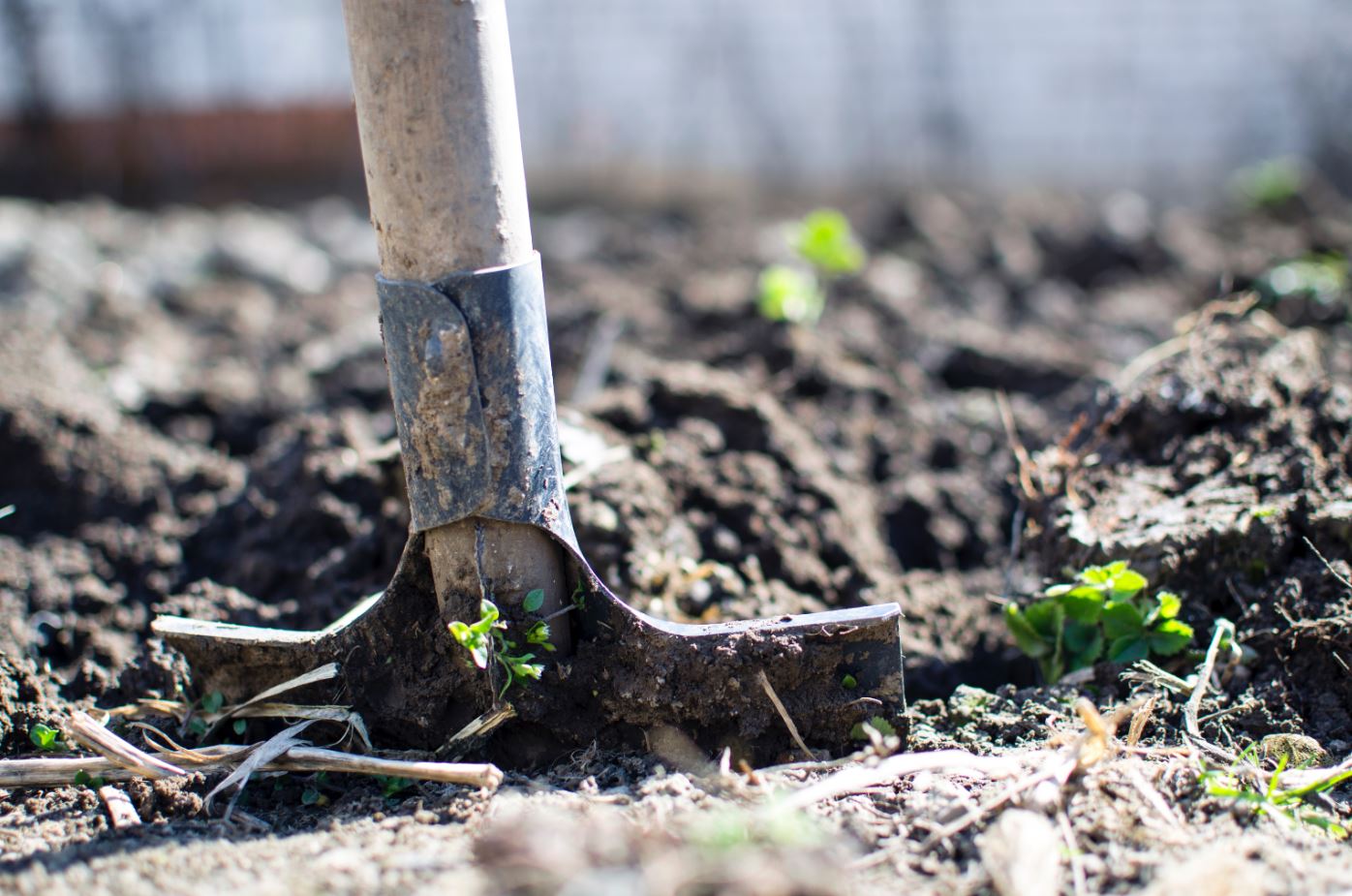Every human area of focus, from potato peelers to particle physics, starts with the seed of an idea, a passing comment, perhaps no more than a moment of curiosity.
So it was with the first months of the Sustainable Soils Alliance. As my dad and then-business partner, Neville Fay, and I researched soil as an interesting area for our tree-conservation conference series, we realised there is no answer to the simple question, what is healthy soil?
We dug – figuratively! – and came to the startling conclusion that our soils are in crisis and, while people were doing great work in their specific areas, the situation was tanking: we lose nearly three million tonnes of soil every year and it takes over 100 years to generate 1cm of the stuff. In fact, the UK has lost 84 per cent of its fertile topsoil since 1850. So what was going wrong?
Even among organisations with soil conservation at their heart, there was a lack of common voice. We needed to create common purpose and a paradigm shift in favour of restoring our soils to health. What, we asked, would a Kyoto agreement for soils look like?

One of the clear messages we received was that soil is difficult to communicate, awkward to relate to, hard to sell. Nobody wants to cuddle a nematode, the cutest it gets is a child’s muddy face and subconsciously we’re all waiting for the wet cloth to wipe it clean and restore order.
But slowly, tentatively, the doors started to open and the SSA launched in parliament with Michael Gove’s powerful soil speech.
Since then, the organisation has gone from strength to strength, supported by a science panel of six leading academics, an advisory board of business, farmers, NGOs and government agencies and a very engaging team of champions including Sir Tim Smit (Eden Project) and Hugh Fearnley-Whittingstall.
We’ve brought the complex issue of soil economics to parliament, convened events on soil monitoring and regulation, connected soils with air and water quality, and started forging the path to a solution via exploring the prevention of soil degradation, which costs the nation upward of £1.2 billion a year.
Pernille Holtedahl’s excellent recent contribution to Wicked Leeks on the whys and wherefores of soil’s precarious place in the policy agenda shows that people are finding it less and less tedious to talk about soil. Just last week we’ve been heartened by soil’s star appearance in Britain’s most uniting of institutions (and one designed to inform the population on agricultural and rural issues), the Archers. Surely this is truly indicative of a step-change in public awareness and appreciation?!
To start with, we need agreement that monitoring soils is as important as monitoring our air and water quality. In a recent Freedom of Information request, we discovered that England spends £69 million monitoring water, air and soil quality – but that soil receives a measly one per cent of this total spend.
What Greta Thunberg reminds us is that people, even small ones, really can understand stuff. What the Attenborough phenomenon demonstrates is that inspiring people is a key part of making change happen.
2019 has been a watershed year for conservation and this job has taught me how much government depends on NGO advice and how much public opinion influences whether they will seek it out.
Over the next couple of years, the SSA will be expanding our public engagement work because, as with the potato peeler and particle physics, ideas and creative expression are a vital part of the solution, they spread consciousness and shape society’s will, steering those who hold the keys and the purse strings to make the right call.















0 Comments